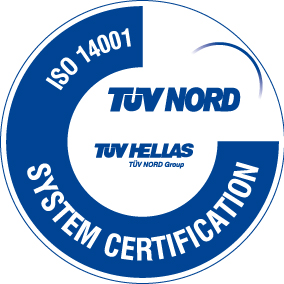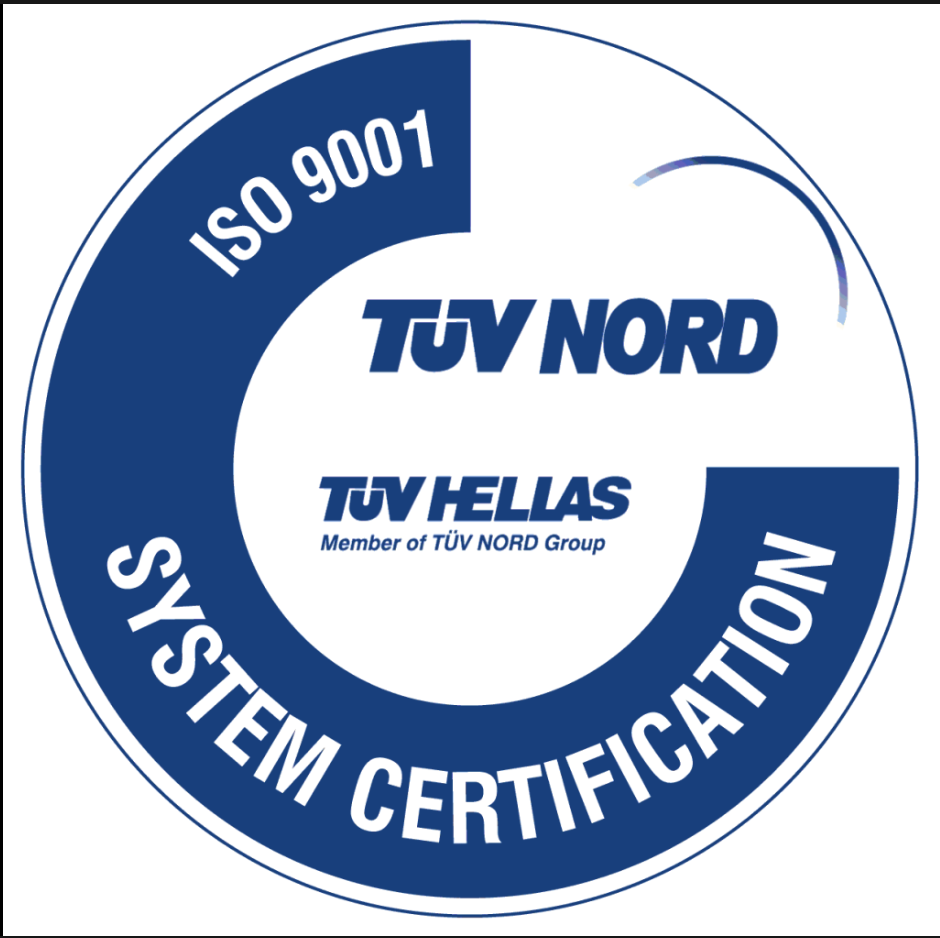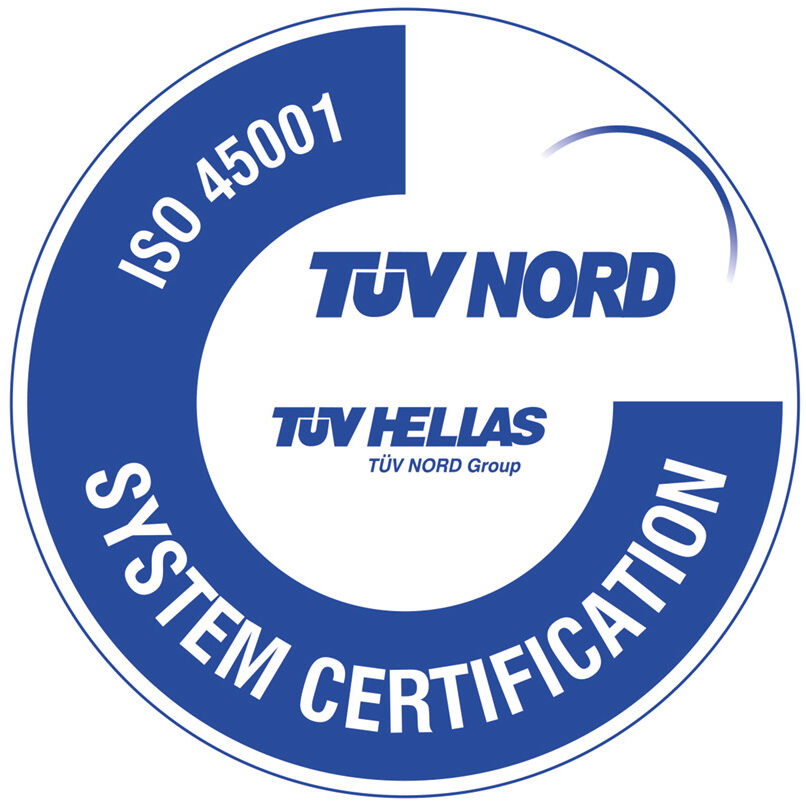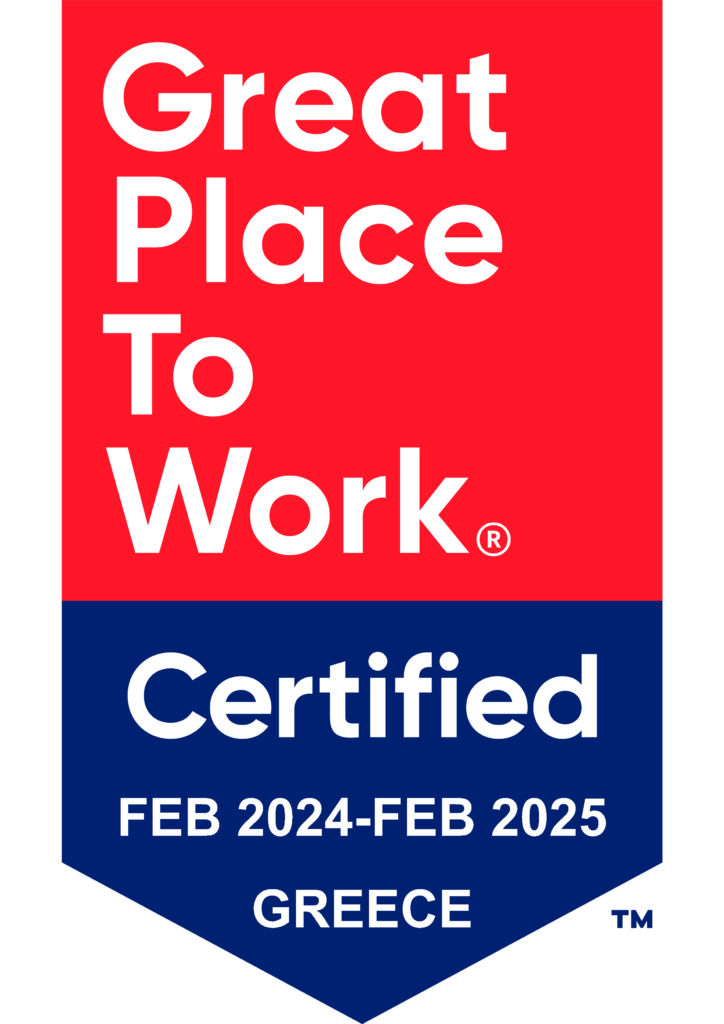Scope & Objective
This policy applies to all persons working for us or on our behalf, including employees at all levels whether permanent or temporary, directors, officers, agency workers, seconded workers, volunteers, interns, agents, contractors, external consultants, third-party representatives and business partners. This procedure does not form part of any employee’s contract of employment. It may be amended at any time and we may depart from it depending on the circumstances of any case.
The aim of the Policy is to help employees and stakeholders to raise any serious concerns they may have about VIOPOL with confidence and without having to worry about being victimized or disadvantaged in any way as a result. The Policy will ensure that everyone is aware of what to do and the appropriate person to notify in the event of concerns around serious malpractice, breaches of regulations or criminal offences and will allow for investigation of matters where there is ‘reasonable belief’ that malpractice is or may be occurring.
It should be noted that whistleblowing procedures should not be used in relation to employee grievances concerning individual terms and conditions of employment or other aspects of the working relationship which are handled.
Definition of Whistleblowers
Whistleblowers are considered as persons who report (within the organization concerned or to an outside authority) or disclose, information on a wrongdoing obtained in the work-related context of VIOPOL, help preventing damage and detecting threat or harm to the public interest that may otherwise remain hidden.
Potential incidents that warrant Reporting
Incidents that warrant reporting may include the following:
- Breaches with regard to internal Policies of VIOPOL
- Breaches with regard to the content of the Code of Ethics of VIOPOL
- Breaches with regard to the National and/or International Regulatory framework and legislation
Such breaches may include:
- Breaches in accounting / financial / auditing / procurement reporting
- Breaches in corporate ethics (bribery / forgery / corruption / conflicts of interest / fraud / falsification of corporate documentation)
- Acts of money laundering
- Acts of breaches of confidentiality (data protection / personal data privacy / network security)
- Breaches in national or European acts, as per rules or competition, anti-competitive behavior
- Acts leading to Health & Safety dangers and environmental degradation
- Misuse / deterioration / theft of Company’s assets
Reporting Mechanism
- How to report:
- One may informally raise a concern with their manager first. This may be a verbal discussion or in writing. The issue will be treated in confidence. If the manager cannot deal with it they will take it to HR Director.
- Should the Manager not be the appropriate person to talk to, the concern may go directly to the HR Director.
- Should the concern involves the CEO or another member of the BoD, the concern will have to be reported in written at tharkoum@otenet.gr .
- When an individual remains unsure whether to use this procedure or to begin the whistleblowing action whatsoever, they can obtain independent advice by contacting the external legal advisor Mr Arkoumanis Themos via email tharkoum@otenet.gr .
- The person who raised the concern or issue will be informed of the outcome of the investigations and what, if any, action has been taken.
- If the person is unhappy about the speed, conduct or outcome of the investigation, he/she should put their concerns in writing to the HR Director or the BoD.
- Malicious Whistleblowing:
Any person making a claim must have reasonable belief that wrongdoing is being or is about to be committed. The person making the claim should not collect the information to support the allegations improperly.
Should it is found that the whistle-blower makes an allegation maliciously, or does not act in the public interest, or makes an allegation without having reasonable grounds for believing it to be substantially true, or collects the information to support the allegations improperly, or makes the allegation for personal or 3rd party gain, he/she will be subject to formal disciplinary action, up to and including dismissal and in some cases may be subject to criminal investigation where illegality has occurred in order to achieve those aims.
- Handling the disclosure:
- Upon receipt of the disclosure, a meeting to discuss the concerns will be held within a reasonable period and no more than 2 weeks.
- The meeting will be held in a confidential and private location and the following persons will be present:
- the person raising the concern
- the person to whom the concern has been raised (manager, HR Director, legal counselor)
- The person raising the concern can bring along someone to accompany them should they wish to.
- The individual will have the opportunity to detail the reasons for their disclosure and will use the meeting to share concerns; and share any supporting facts with the appropriate person chairing the meeting.
- The person chairing the meeting will make a formal note of the meeting, which is shared with the whistle-blower within an agreed timeframe. The BoD and the CEO (unless one or both is implicated) will be notified that a whistleblowing disclosure has been made.
- The person to whom the case has been raised will agree with the individual the likely course of action in terms of next steps or remedying the situation; and agree timescales for action. Any supporting proof presented at the meeting will have to be submitted as part of the process.
- The person to whom the case has been raised will, unless the employee is advised otherwise, act as the main point of contact in the matter and will be responsible for keeping the employee up-to date on the outcome of investigations carried out and any actions taken as a result of the investigation.
- There may be limits to the information provided should there be impacts on the safety of others.
- If, following the meeting, the person to whom the case has been raised decides not to proceed with an investigation, this decision will be explained as fully as possible to the whistleblower. It is then open to the whistleblower to appeal against the outcome to the BoD.
Confidentiality & Retaliation
Whistleblower retaliation laws prohibit a wide range of retaliatory actions against whistleblowers, including any act that would dissuade a worker from engaging in whistleblowing. Examples of retaliation in the workplace may include:
- Terminating or discharging a whistleblower
- Demoting or suspending or placing in remote work a whistleblower
- Reassigning a whistleblower to a position with significantly different responsibilities without his/her consent
- Filing a performance evaluation that leads to the termination of the whistleblower’s employment
- Harassing / intimidating a whistleblower, by creating a hostile working environment
- Threatening to take an adverse action against a whistleblower
- Suing a whistleblower for the purpose of retaliating against the whistleblower
- Initiating a lawsuit against the whistleblower
Implementation, Monitoring, Review & Update
VIOPOL recognizes the significance of the Policy; thus the Company is charged with ensuring that the Policy is communicated accordingly to all employees (current workforce and during the induction process) and associates of the Company.
The Whistleblowing Policy is displayed at the official Company website and is integral part of the Corporate Code of Conduct, where it is briefly mentioned.
Τhe Policy is being reviewed on an annual basis and refreshed or edited if necessary.
| About the Policy | Policy Contact: |
| Effective Date: | Mr. Touloumis G. |
| Title : Production & Plant Operations Manager | |
| Tel: +30 22620 56201, +30 6947 429747 | |
| email: george.touloumis@viopol.com | |
| Date of Last Review/Update: | Policy Feedback: |
| In case of comments or questions, let us know via email at info@viopol.com |





